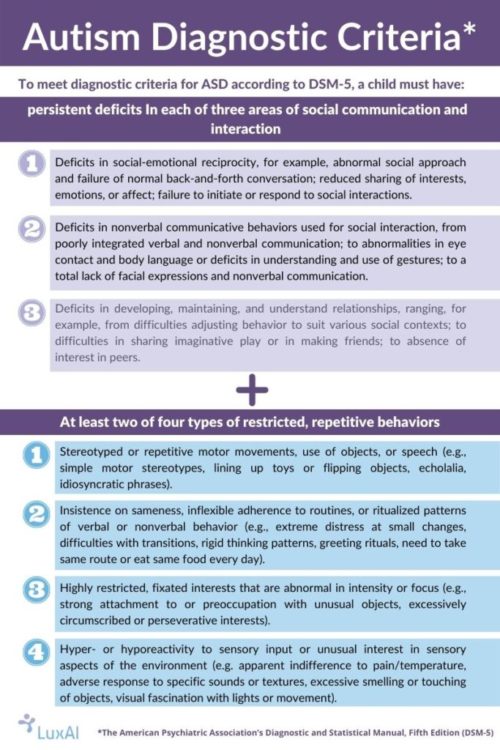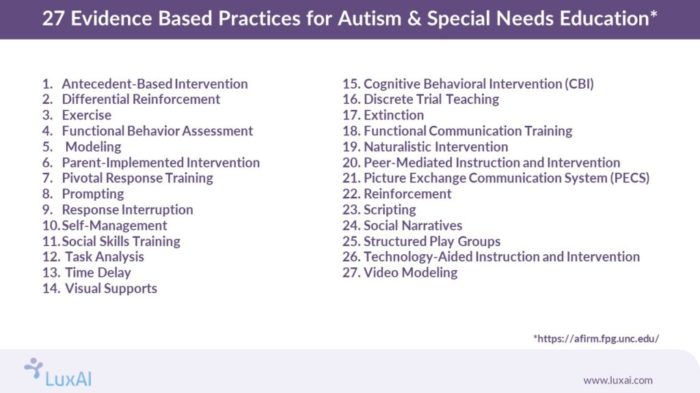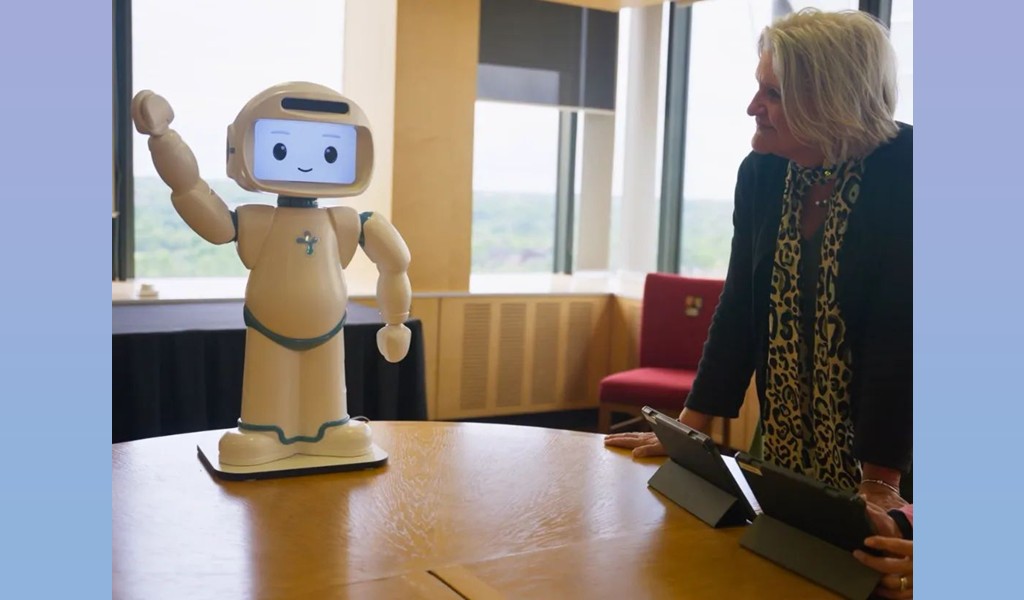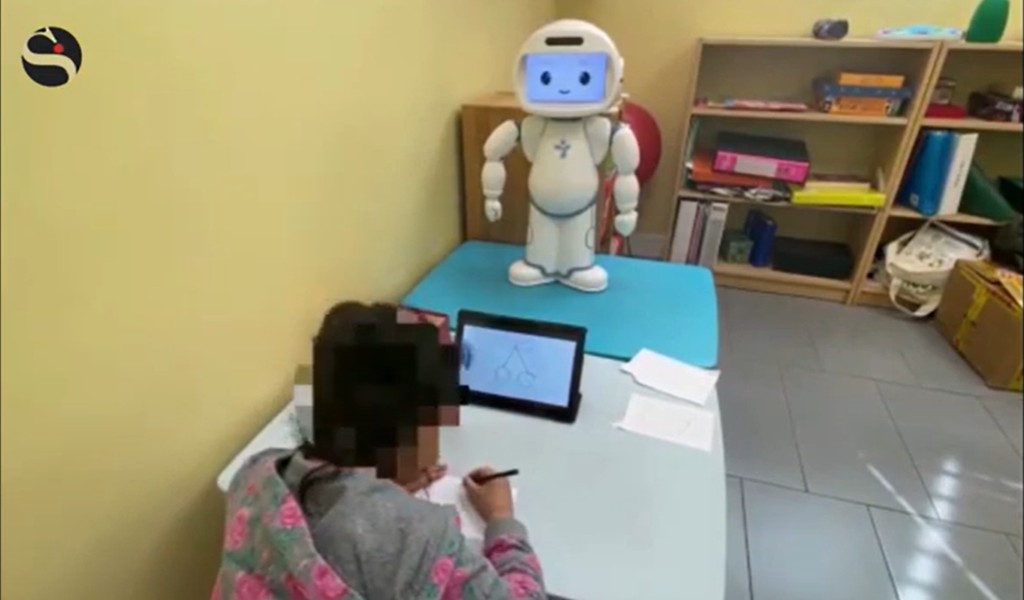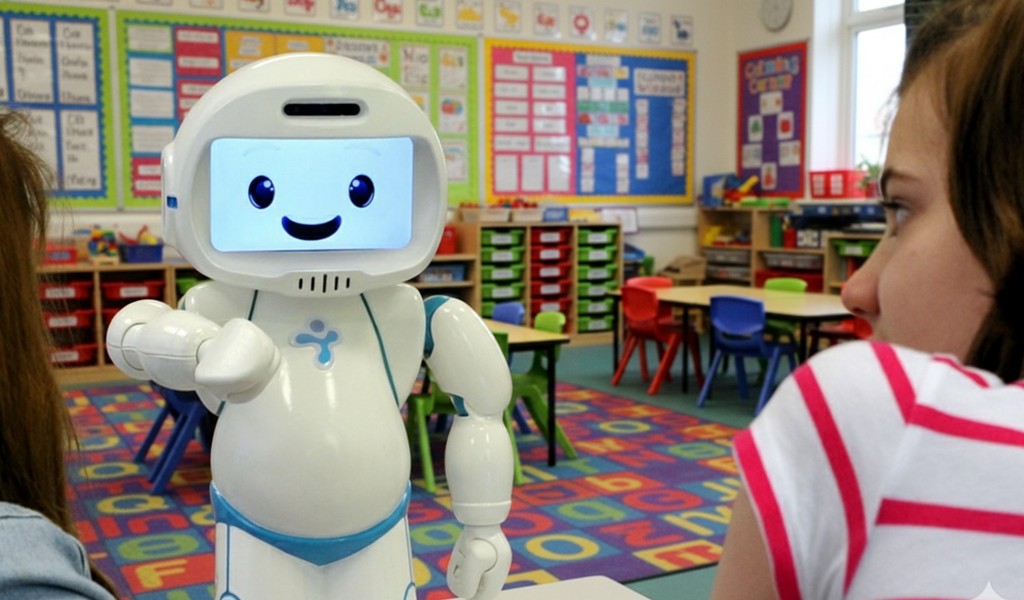The early years of a child’s life are crucial in development. The brain is constantly growing and changing, allowing new skills to be learned through contact with the child’s environment. In the early years, a child’s brain creates many simple neural circuits which over time are refined into more complex, specialized pathways. Autism spectrum disorder as a neurodevelopmental disorder can impact early-stage development and can limit development in several areas.
Developmental Milestones:
The basic skills children learn are known as developmental milestones, and children will achieve many milestones before they reach six years of age. Milestones are age specific, some skills are expected in the first two to six months, others in the third year, and so on. Generally, milestones are described for the first five years and an example of a milestone checklist can be found at the Centers for Disease Control website. The early milestones are simple and may involve smiling or rolling over. Later milestones include pretend play, language, and being able to take another person’s point of view.
In typical development, the child’s social, cognitive, and emotional capacities expand at roughly the same rate. Interaction with parents and caregivers is one of the key ways that very young children learn from the world around them. Children learn basic social skills through babbling, imitating and playing with their parents or carers. The skills in the early developmental period become essential parts of more complex milestones further on in a child’s growth. For example, a child who learns to visually track the people around them is more likely to watch and copy their actions later on than a child who lacks the skill of tracking people. A child who babbles and learns to say ‘mama’ can later learn to refine this into more complex words; a child who doesn’t see the social value in echoing sounds may struggle with speech later on.
The developmental milestones published by the CDC and other bodies, are a threshold. If a child misses the milestones for their age it is recommended to seek professional advice. A child can miss developmental milestone for many reasons, not all of which signify a developmental disability. For example, a child who does not turn when their name is called may have had hearing impacted by an infection, might be suffering from nutritional deficiencies, deafness, or motor issues which affect their movement. Parents should not hesitate to raise concerns about missed developmental milestones, once this is done, a holistic assessment of the child should be done by the relevant people to identify and address any issues the child faces.
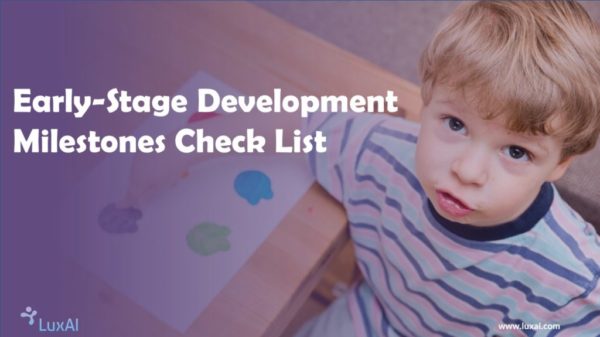
Autism Spectrum Disorder And Early Stage Development:
If a child does not achieve milestones, an examination by pediatricians, and other professionals familiar with child development will be required. Other medical complications may need to be ruled out before examining autism or other developmental disabilities.
However, if autism is suspected, the early signs will usually be noticeable within the first two years. Social difficulties in the first year are commonly noticed by parents. These may include the child not responding to their name, not babbling or cooing, not smiling back at parents, and not tracking toys with their eyes. There are also other important milestones that can indicate a higher chance of autism. These include some language being learned but then lost, or a plateau effect where a child reaches some milestones as expected, and then fails to make further progress.
Some features of autism are that the child may appear less motivated by social interaction, have limited eye contact or may appear less aware of people in their environment. Regression can occur in some cases, in which a child has social skills develop to some extent and are then lost as the child gets slightly older. Motor issues may also indicate autism, many children with autism have difficulties with gross and fine motor imitation, reaching, pointing, and grasping. Sitting up and orienting to sounds may be delayed. As a child learns to walk, there may be some coordination difficulties, and toe walking may be noticed by parents.
Autism can impact the early-stage development. Children with autism may develop more slowly overall, or they may show signs of splintered development. This is when one particular skill area is far advanced compared to the child’s other developmental areas. A child might excel with motor skills, reading, puzzles, or math problems, but struggle with social interactions, sensory issues or with self-regulation skills that affect them academically. It is important to note that one of these indicators alone is not enough to diagnose autism and that a determination of autism should always be made involving your family doctor.
The Importance of Early-Stage Intervention In Helping the development of children with autism:
A diagnosis of autism is usually made between the ages of two and four. Usually, it will come after parents raise a concern about their child, or a developmental checkup reveals missed early stage development milestones. It can take one to two years from the point that autism is suspected before a diagnosis is made. In many countries the diagnosis can be affected by public health waiting lists, or by cost. In many places, the diagnosis is required before services can start, despite the delays that may exist in the process. Where a long delay is expected between diagnosis and the start of therapy, parents may wish to seek training for themselves or hire a private therapist.
If parents have concerns about their child, there is no benefit to be gained from a ‘wait and see’ approach. Early Intervention is based around play and interaction, so in the event a diagnosis of autism is not necessary, the child will have simply learned extra play and language skills, while bonding with their parents. If the diagnosis of autism is made, then parents and child will already have a head-start on their initial educational goals.
DON’T WAIT.
Acting early can make a real difference!
The time between the first concerns and a formal diagnosis can be a very difficult period. For parents, being active while waiting for the diagnosis can restore a sense of control over the family’s circumstances. This may mean, seeking out advice on available therapies, public health schemes to cover them, and parent training in an evidence-based practice they can use at home.
Whether or not the family can cover the cost of a full-time therapy program before the diagnosis, parent training is always advisable. Parents should aim to learn practical skills that can be used to help their child to interact. Awareness and education on autism are useful, but not enough on their own to help improve the child’s skills.
Children who experience good educational interventions at a younger age generally have better outcomes, so it is important to start with intervention at the point you have concerns.
The good news is that there are many simple play-based activities that parents can do to help language and social skills, and parent involvement is another very important factor in many research papers for young children with suspected autism.
There are many different therapies available, and the choices can be confusing for parents just discovering this field. It is important for parents to know what they are seeking when choosing a therapy or a therapist. The initial goals of an early intervention might be to address the child’s key issues, whether they are in social skills, language and communication, play skills, or motor issues. Applied Behavior Analysis, Speech therapy, and Occupational therapy have evidence to support their use with children with autism.
Evidence-Based Practices for Early-Stage Intervention for children with autism
When choosing a therapy, it is necessary to identify your child’s particular needs and to engage with a therapist who has experience and training in these areas. The therapists mentioned above often work with people of various age ranges, and with different conditions, so finding one who is experienced with young children with autism is important. Regardless of the type of therapy you choose, it is advisable to go with a method that emphasizes communication, involves parents, and will teach you techniques you can use outside of therapy sessions.
How early-stage interventions for children with autism work:
Early intervention will pay close attention to play and language. These two go together much more than you might think, children learn much of their early language and social skills through play. A word is more than just a unit of language, every word a child learns first fits into a social interaction. A child is always either a speaker or a listener; as a speaker we learn to ask for something or name it. As a listener we learn to show or do things. Most games involving turn taking will require the children to act as both listener and speaker, so practicing both is necessary to develop social skills fully.
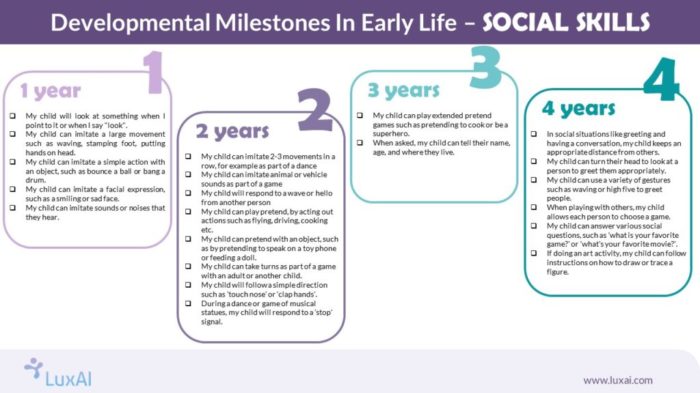
As well as teaching individual skills, it is important to teach children with developmental delays that there is value in social interaction and social awareness. Learning to respond more fluently to the people around them can mean that children learn more naturally from parents and other children, therefore reducing some of the impact of their developmental delay.
It is important to choose goals that are relevant to your child’s age and developmental level. Many of the early skills are considered pivotal for later, more complex skills. Imitation, visual tracking, pointing, and joint attention are pivotal for later independence in play, social, and self-sufficiency skills. Imitation for example, is important in play and in learning functional skills such as washing hands. Watching and copying what other children do is an important school readiness skill, children learn from each other when to sit, when to move around and what to do when interacting in groups.
Finally, the selected goals should be written in clear, easy to understand language. For example, a goal of ‘improve language processing’ sounds impressive, but it is not clear how the goal is measured. ‘Learn ten new words’ is much more measurable. In our follow up blog, we will cover Early Intervention in more detail, including some games you can try at home with your child.
In our next blog, we will focus on how we can target developmental milestones at home or at school!

